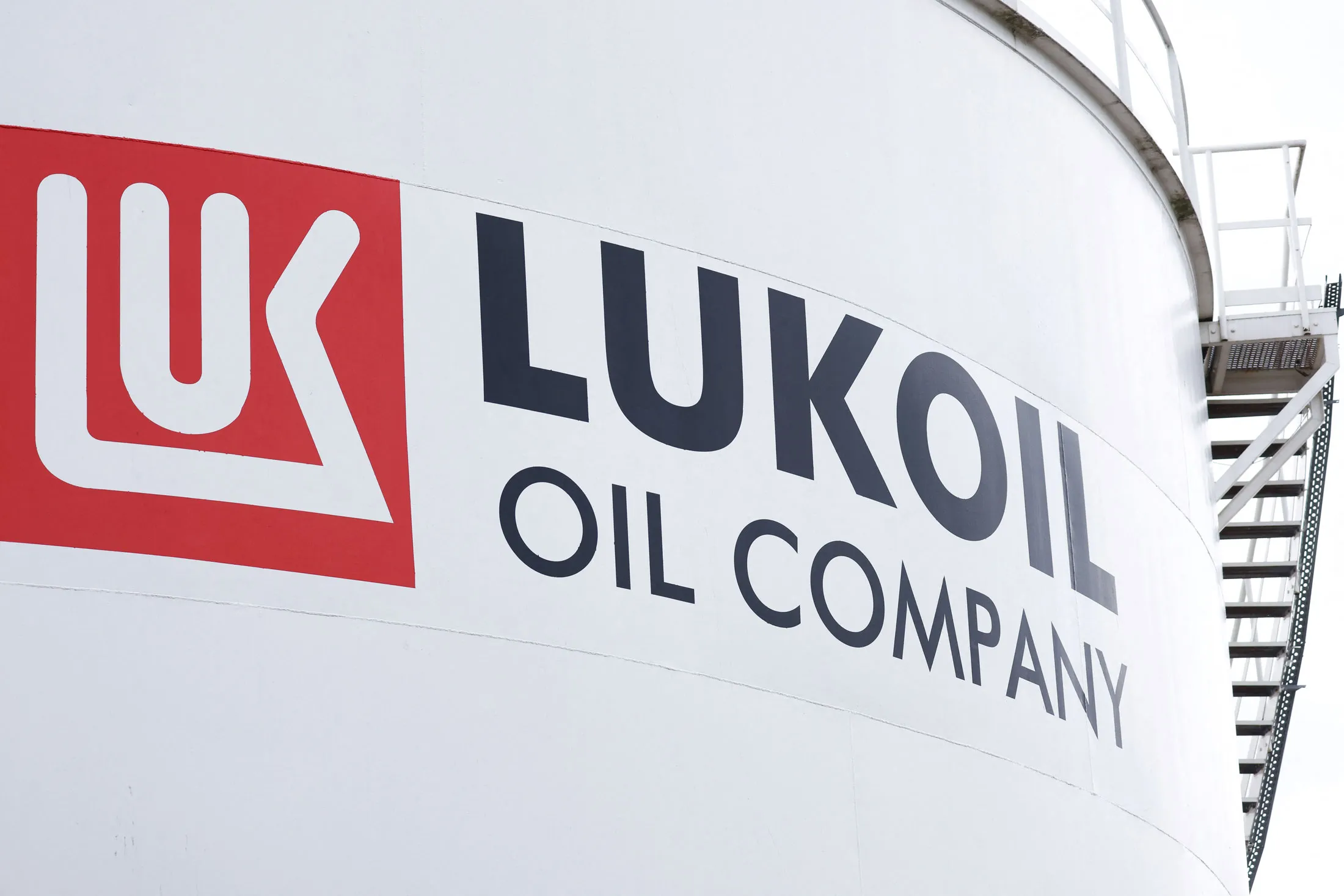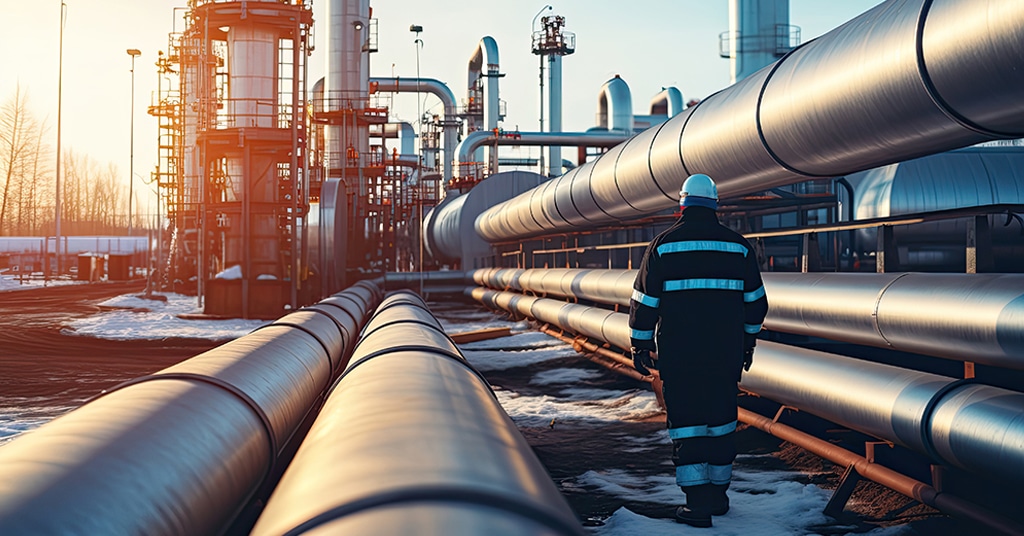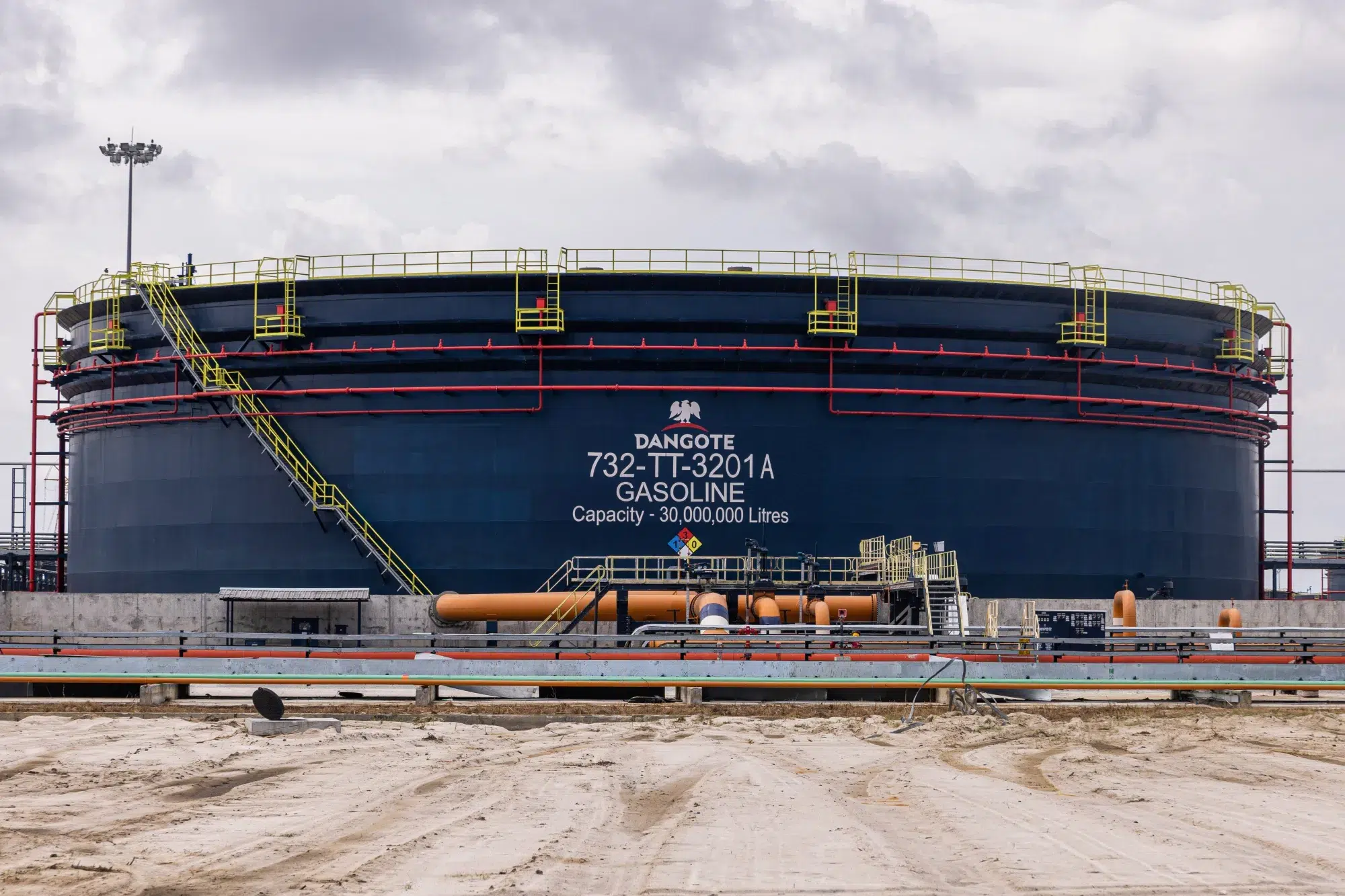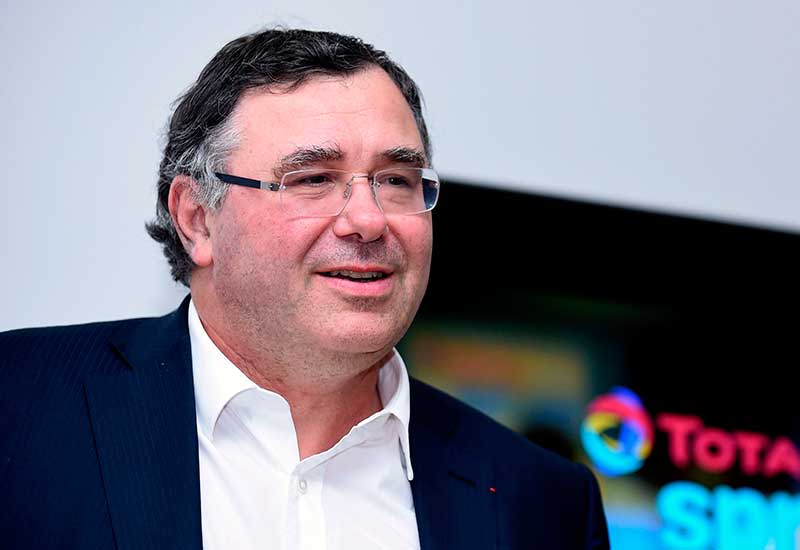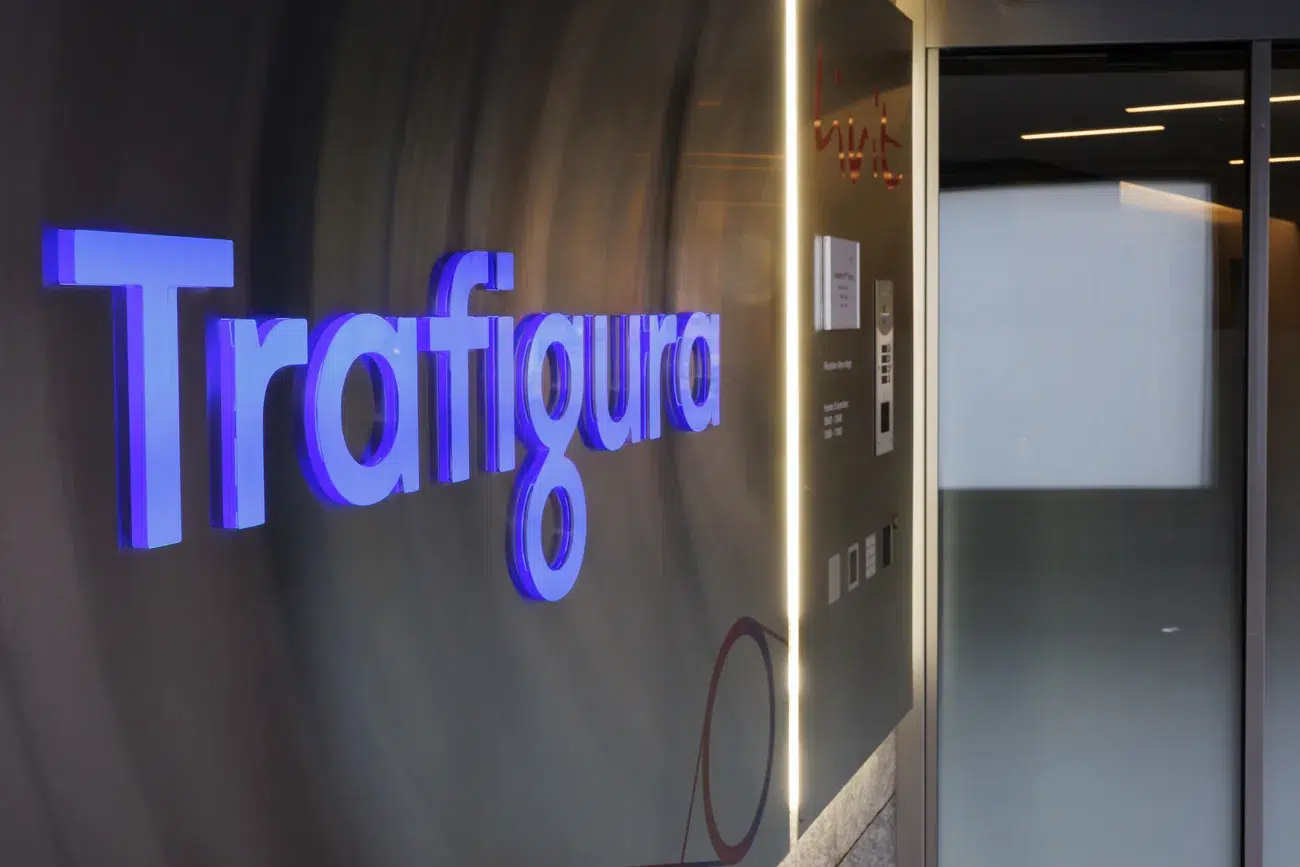Lukoil, Russia’s second-largest oil producer, is currently in the process of selling off its African assets in response to newly imposed Western sanctions.
The company disclosed this in a press statement issued on October 27, citing restrictive measures from several Western nations that have significantly hindered the management of its international operations.
The divestment plan spans a broad energy portfolio across multiple continents. Beyond Russia, Lukoil holds assets and equity stakes in oil and gas projects in 11 countries.
As part of the same strategy, the company will also divest from its refineries in Bulgaria and Romania, as well as a 45% stake in a refinery located in the Netherlands.
The move follows a fresh round of sanctions announced on October 22, 2025, by the Trump administration, targeting Lukoil and Rosneft—Russia’s two largest oil companies.
“Given Putin’s refusal to end this senseless war, Treasury is sanctioning Russia’s two largest oil companies that fund the Kremlin’s war machine,” said Scott Bessent, Secretary of the Treasury. “We encourage our allies to join us and adhere to these sanctions.”
These sanctions are part of a broader international effort to pressure Moscow into agreeing to a ceasefire in its ongoing war in Ukraine.
Lukoil’s footprint in Africa
Lukoil, Russia’s largest publicly traded oil company, holds strategic stakes in multiple exploration and production blocks across Africa, forming a key pillar of its international portfolio.
- Nigeria: Lukoil owns a 20% stake in OPL 245, one of the country’s most high-profile offshore blocks, in partnership with Italy’s ENI and NNPC Ltd, Nigeria’s national oil company.
- Ghana: The company holds a 38% interest in the Deepwater Cape Three Points block, operated by Aker Energy.
- Congo-Brazzaville: Lukoil has a 25% stake in the Marine XII block, operated by ENI, contributing to the country’s offshore production.
- Egypt: It maintains several onshore and offshore concessions in the Western Desert and the Gulf of Suez. In May 2025, Egypt’s Parliament approved Lukoil’s bid to explore two new blocks in the South Wadi El-Sahl region.
These assets, acquired between 2005 and 2021, represent a significant portion of Lukoil’s global investments, which also span the Middle East, Europe, Central Asia, and Latin America.
As of 2024, the company reported that its African operations accounted for 15–20% of its total global production.
A recent Energy in Africa report highlights the growing footprint of Russian energy firms across the continent, including Lukoil, Rosneft, Gazprom, Tatneft, Rosatom, and Zarubezhneft, revealing a broader geopolitical and commercial push into African energy markets.
Why this matters to Lukoil
Lukoil stated that the decision to divest its international assets is aimed at preserving operational stability and refocusing its efforts on markets where it can operate without restrictions, chiefly within Russia.
The asset sale presents new opportunities for public and private investors interested in acquiring already developed oil blocks.
Key partners (including ENI, GNPC, NNPC Ltd, and SNPC) are expected to negotiate transfer terms and ensure uninterrupted operations during the transition.
While Lukoil has not disclosed the estimated value or timeline of the divestments, a former company executive told Politico (on condition of anonymity) that the sales could slash the company’s revenues and profits by as much as 30%.
In addition to the financial impact, the latest U.S. sanctions severely limit Lukoil’s ability to export to European markets, further contracting its global reach.
The company currently supplies energy products to more than 100 countries and maintains a global workforce of over 100,000, making this a significant strategic retreat.
What’s next for Lukoil?
Lukoil is racing against time to finalize the sale of its international assets before the sanctions grace period expires on 21 November 2025, although it may request an extension.
In the meantime, the company has already initiated negotiations with potential buyers across its global portfolio.
Currently, Lukoil operates under a wind-down license issued by the U.S. Treasury’s Office of Foreign Assets Control (OFAC), which permits limited transactions during the divestment phase.
This temporary arrangement allows the company to manage its exit from foreign markets while complying with sanctions.
Analysts anticipate that Lukoil will pivot toward strengthening its domestic operations and explore new opportunities in Asia and Africa, although geopolitical risks in those regions remain a concern.
Founded in 1991, the Moscow-based energy giant contributes roughly 2% of global oil production and holds 1% of the world’s proven hydrocarbon reserves.
However, the latest sanctions have severely curtailed its access to international financing, technical services, and advanced oilfield technologies, posing significant challenges to its future competitiveness.

